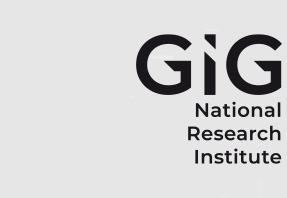Radium removal from mine waters with the application of barium chloride and zeolite: comparison of efficiency
Author ORCID Identifier
Stanisław Chałupnik 0000-0002-2792-4954
Małgorzata Wysocka 0000-0002-1538-1294
Izabela Chmielewska 0000-0003-1324-9211
Krzysztof Samolej 0000-0002-0867-7556
Abstract
In several coal mines in the Upper Silesian Coal Basin (USCB), in Poland, radium removal from mine water was necessary in order to mitigate the negative results of radium release with mine effluents. The most efficient method of radium removal was based on the application of barium chloride, implemented in full technical scale in two Polish collieries. Removal efficiency exceeding 95% of the initial activity was achieved. The technology was implemented in full technical scale in two collieries. The problem was that barium chloride is dangerous to health and moreover continuous use of the powdered chemical was required to achieve good results. Therefore, the possible application of zeolite for radium removal was tested in laboratory experiments. This passive technique would be less hazardous for miners and would not require full-time supervision meaning it would enable a reduction in workload. The main goal of the investigations described in this paper was to check the capability of zeolites to remove natural radionuclides from mine waters and compare the removal efficiency of radium isotopes with the results obtained from the application of barium chloride solution for the same purpose.
Recommended Citation
Chałupnik, Stanisław; Wysocka, Małgorzata; Chmielewska, Izabela; and Samolej, Krzysztof
(2019)
"Radium removal from mine waters with the application of barium chloride and zeolite: comparison of efficiency,"
Journal of Sustainable Mining: Vol. 18
:
Iss.
4
, Article 3.
Available at: https://doi.org/10.46873/2300-3960.1105
Creative Commons License

This work is licensed under a Creative Commons Attribution 4.0 License.

